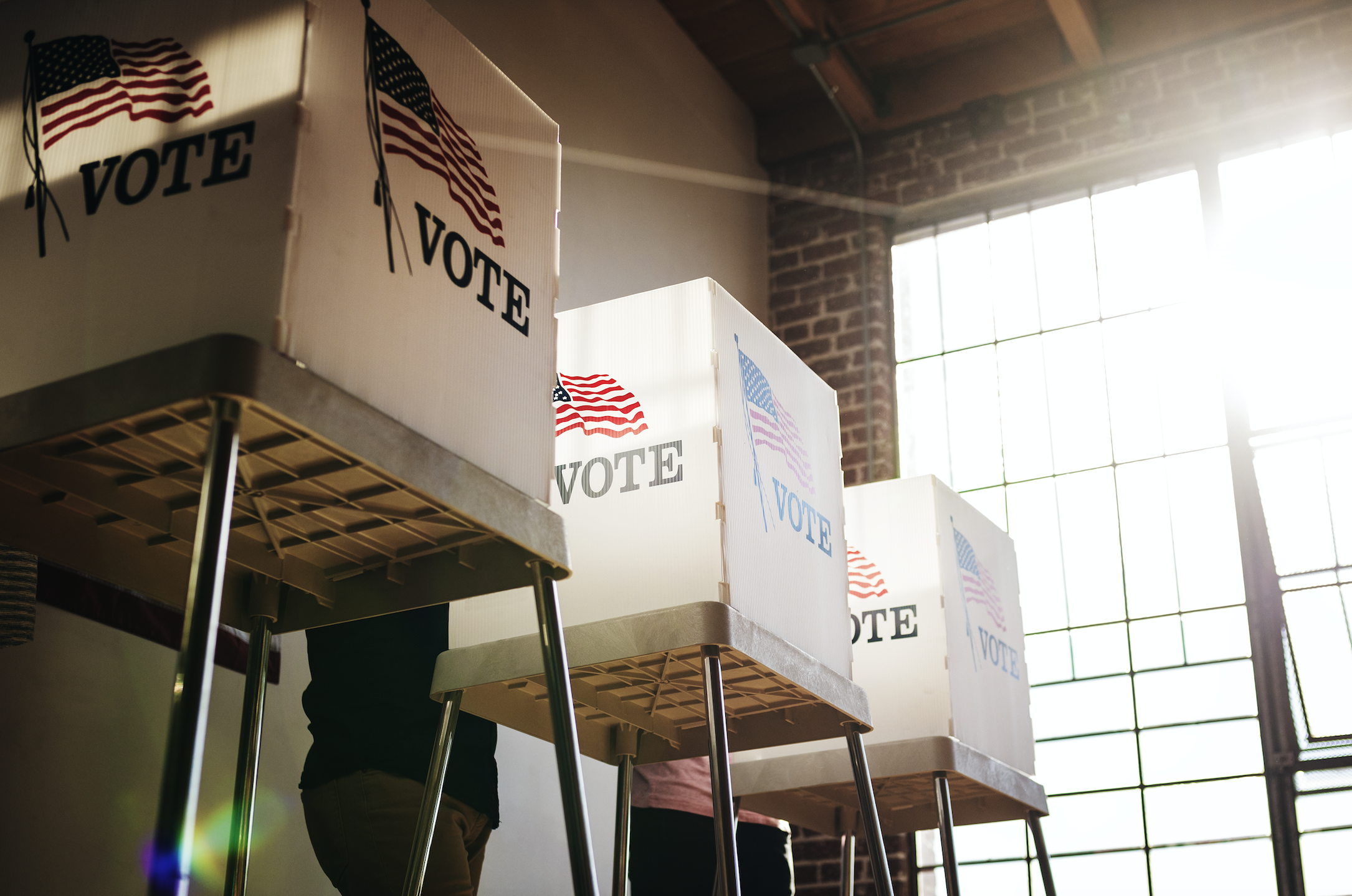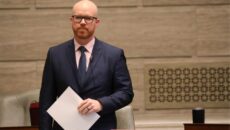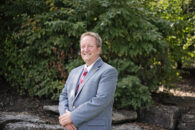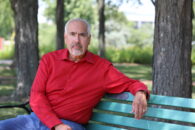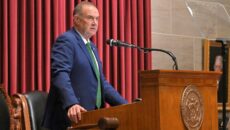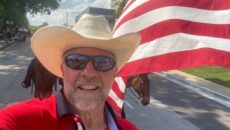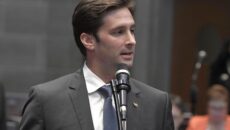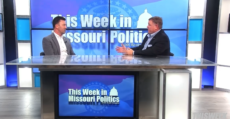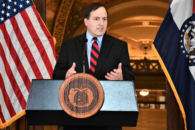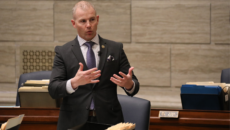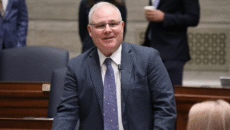JEFFERSON CITY, Mo. — Secretary of State Jay Ashcroft has earmarked photo ID requirements for voting as one of several legislative priorities for his office during the upcoming session.
“If you show up with a cable bill, that doesn’t identify you,” Ashcroft, a Republican, told lawmakers Tuesday. “If you want to identify who someone is, you need something that lets you know that the identification is actually theirs and pertains to them. If you do not have a photo, you simply do not know that.”
It was a day for election issues in the Capitol Tuesday as both the House Elections and Elected Officials Committee and the Senate Interim Committee on Elections convened. Ashcroft appeared before both committees.
Last month, Ashcroft’s office said it found two instances of alleged voter fraud. The news release said two people in St. Charles County voted at least twice with mail-in ballots sent to Florida as well as in person.
Ashcroft has said he is focused on “safeguarding” future elections in Missouri. Aside from photo ID, Ashcroft has pointed to hand-marked ballots, updated voter rolls, and cybersecurity testing at local voting sites as priorities he wishes the legislature would tackle. Additionally, he would like the secretary of state to be able to audit election results.
Following former President Donald Trump’s 2020 presidential loss, Republicans nationwide have raised allegations of election fraud with the oftentimes unsubstantiated claims. During a House hearing on election issues last month, one state representative discussed what she heard at a South Dakota conference that has been criticized for spreading conspiracy theories.
“We want to be proactive rather than reactive. We are not trying to enact legislation because something happened. We want to establish legislation that will prevent something from happening,” Ashcroft said.
During both hearings, lawmakers made sure to note no actual bill was being brought before the committee.
Also present at both hearings was Madeline Malisa, a senior fellow at the right-leaning Foundation for Government Accountability (FGA) based in Maine. Malisa advocated for legislation she said would increase campaign donor transparency.
“In this election, it was Mark Zuckerberg, but in future elections, it could be a different billionaire,” Malisa said. “No billionaire should be coming into the state, making a decision about which jurisdictions get money and how much they get.”
A former cybersecurity specialist also testified before lawmakers Tuesday, voicing concerns about the potential for foreign actors to interfere in elections and advocating for forensic audits of the state’s largest voting precincts.
Members of the House committee have been critical of the upper chamber for not passing any large election reform bills during the previous legislative session. House Republicans urged Gov. Mike Parson to call a special session focused on the proposals, but the state’s chief executive has not taken action on that request.

